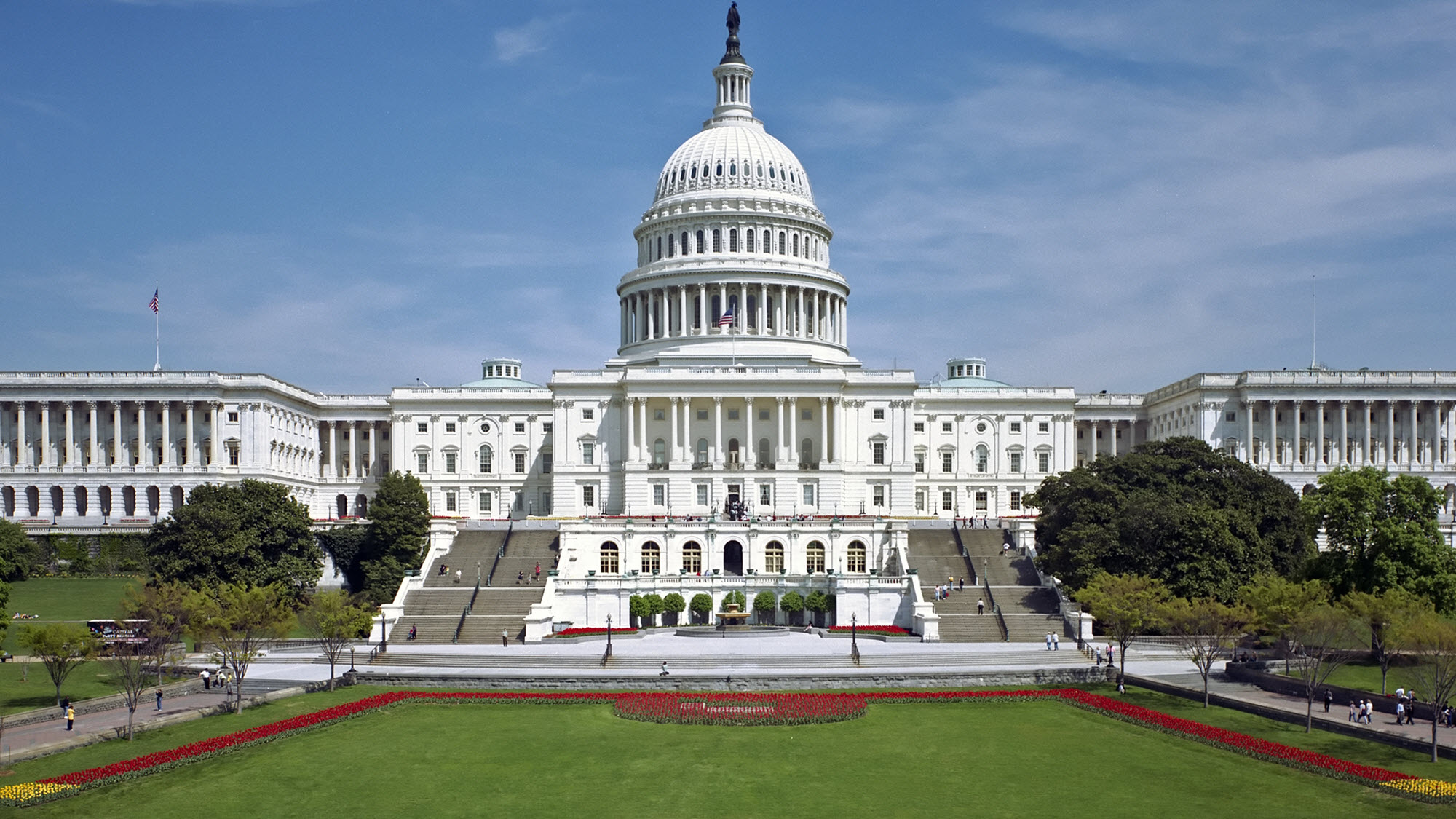FTC, DOJ Big Tech Investigations Suffer Overlap Issues

The smarter way to stay on top of the multichannel video marketplace. Sign up below.
You are now subscribed
Your newsletter sign-up was successful
The heads of the Federal Trade Commission and the Justice Department's antitrust division agreed Tuesday (Sept. 17)
that it doesn't make a lot of sense for the two agencies to be splitting up the Trump Administration's monopoly investigation into Big Tech.
That came in their testimony in the Senate Antitrust Subcommittee, which was holding a hearing on the enforcement of antitrust laws.
Subcommittee Chairman Sen. Mike Lee (R-Utah) pursued that line of questioning right out of the box. He said it made no sense to him that they would both be essentially investigating the same set of companies under the same monopoly theory. "Things have broken down in part," FTC Chairman Joseph Simons said of what appears to be some turf warfare over the investigation.
Related: House Judiciary Seeks Big Tech Document Drop
Traditionally, the FTC and Justice split up antitrust reviews, and both conceded that process had broken down in this case, though Simons suggested that there could be an upside in sharing expertise, as the FTC does when it investigates issues also being investigated by state attorneys general.
Department of Justice Antitrust Chief Makan Delrahim said he could not remenber a similar division of labor. Both suggested the downside was that both were expending scarce resources covering essentially the same ground.
The smarter way to stay on top of the multichannel video marketplace. Sign up below.
Sen. Amy Klobuchar (D-Minn.), who has signaled Big Tech needs shaking up, said that she would at least rather have both agencies investigating Big Tech than no investigation at all.
Asked to talk about which Big Tech companies they are investigating, Simons and Delrahim would only cite Facebook, since it has acknowledged it is the subject of an antitrust investigation.
Delrahim was pressed by Klobuchar about why the Justice Department thought that spinning Sprint's pre-paid business off to DISH would create a facilities-competitor. He said that DISH had paid $20 billion for spectrum, and woudl spenjd another $5 billion building out, and he did not think they were doing that to fail. He also said allowing the merger created stronger competitor to Verizon and AT&T.
Asked by Sen. Patrick Leahy (D-Vt.) about any White House influence on either the T-Mobile-Sprint or AT&T-Time Warner mergers, Delrahim said there had been none and that the White House had not indirectly or directly expressed a preferred outcome. He also said he had never changed the scope of an investigation based on any input from the White House.
Leahy pointed out that T-Mobile execs had spent over $200,000 at President Trump's Washington hotel trying to get the deal approval that was eventually given and asked if that was a coincidence. Delrahim bristled, saying his decisions could not be bought with a couple hundred thousand dollars in hotel bills. He also pointed out that the hotal was right next door to Justice and suggested maybe the reason behind the stays was convenience.
The officials took a bipartisan hit from Sens. Josh Hawley (R-Mo.) and Richard Blumenthal (D-Conn.). Hawley said that approach to Big Tech looks more like "capitulation" than investigation, while Blumenthal said a common theme had emerged of Big Tech buying up to dominant market share then foreclosing competition.
Simons said that concern was why the FTC had created a Big Tech task force. Blumenthal said he wanted more than a task force. He wanted the same urgency as was applied to Microsoft back in the day. "We share that urgency," Simons said.
Contributing editor John Eggerton has been an editor and/or writer on media regulation, legislation and policy for over four decades, including covering the FCC, FTC, Congress, the major media trade associations, and the federal courts. In addition to Multichannel News and Broadcasting + Cable, his work has appeared in Radio World, TV Technology, TV Fax, This Week in Consumer Electronics, Variety and the Encyclopedia Britannica.

